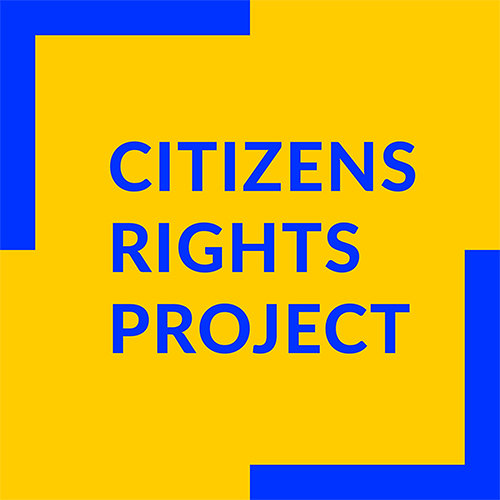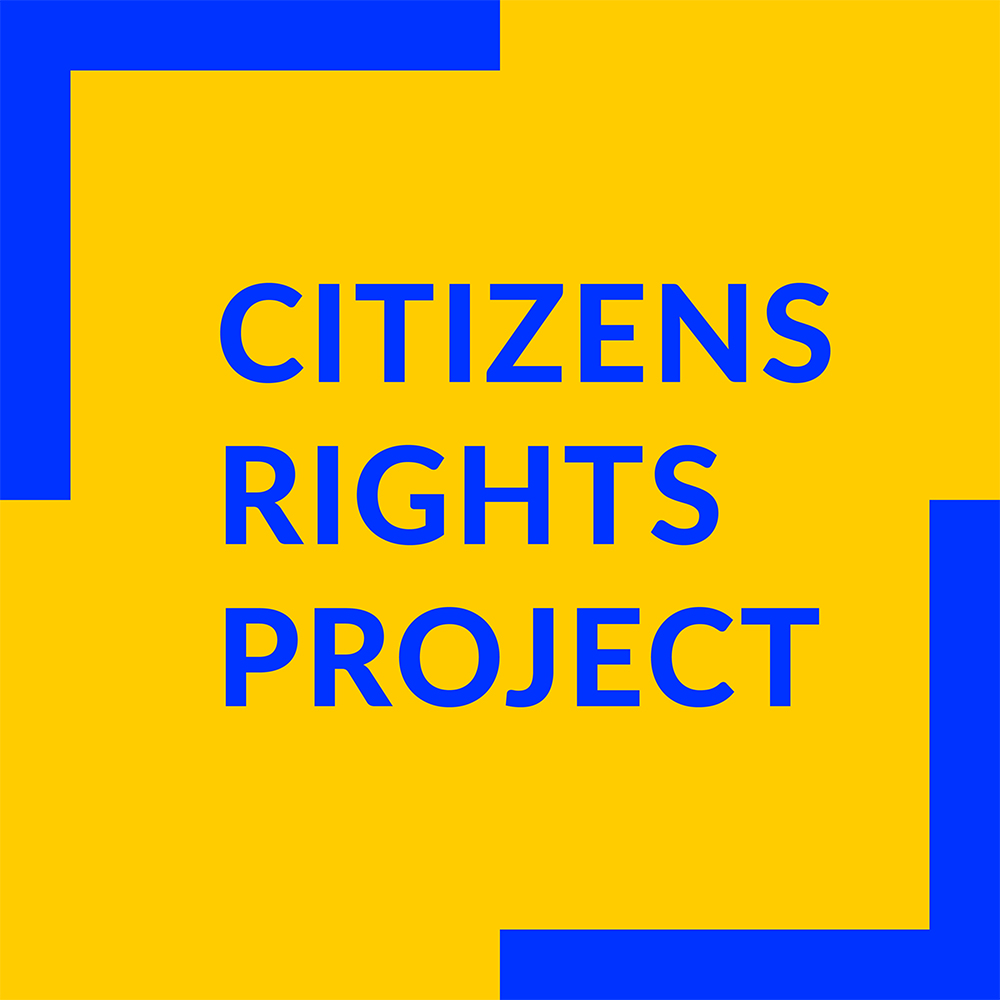If you are homeless, or are at risk of becoming homeless, you can apply to your local council for help and assistance. Being “homeless” doesn’t only mean not having a roof over your head. Homeless means having somewhere which it is not reasonable for you to live in as your home. You might be living with parents or friends, but you could still be legally homeless. You might be considered homeless if your accommodation has serious building defects, or it is too expensive for you to afford. If you are a victim, or in fear, of, violence, you might be homeless. These are just some examples.
You can usually ask for help with homelessness from the local council if you are a British or Irish citizen living in the UK. If you are from the EU, Norway, Iceland, Liechtenstein or Switzerland, you need to show you have either settled status, or another right to get housing help in the UK. Many people who have ‘pre-settled status’, or who are from EU, Norway, Iceland, Liechtenstein or Switzerland, but were resident in the UK before the end of the “Transition Period” on 31 December 2020, will also be able to apply for help with homelessness.
How to ask for help with homelessness from the council
If you want help with homelessness from the council, you should look at its website. This should also give details of how to contact them in an emergency situation. Your adviser should also be able to help you ask for urgent help if you are homeless.
The website address for help with homelessness for people living in Edinburgh city area is https://www.edinburgh.gov.uk/homeless-risk
The help you are entitled to will depend on your personal situation. The council does not automatically have to provide you with housing. They will investigate your situation and will probably ask to interview you. Local councils are meant to make sure that applicants whose first language is not English have access to an interpreter – either one provided by the local authority, or by the applicant, or services like Language Line. Even where an applicant brings in a friend or relative to interpret, the council should always give the option of using a trained interpreter.
If you don’t agree with what the council decides, you can challenge it.
Temporary housing
The council has a legal duty to provide temporary housing to anyone who they believe is homeless from the moment they start processing the application for homelessness. If the application for permanent accommodation is granted, they must provide the applicant with temporary accommodation until finding suitable permanent accommodation.
If the council decides that it doesn’t have to provide you with temporary housing, you will have a right to challenge that decision, and the council must continue to provide temporary housing for you until that challenge is considered.
If the council decides that you are “intentionally homeless” and because of that you are not entitled to permanent housing it can’t ask you to leave temporary housing straight away. You must be allowed to stay for long enough to give you a reasonable opportunity to find somewhere else to live. You will normally have to pay a “reasonable charge” for temporary housing.
By law, temporary housing has to meet certain standards. If it doesn’t, then you should ask for advice about how you can make the council provide you with suitable temporary accommodation.
Permanent housing
The council you apply to has to make suitable permanent housing available for you if you are legally homeless and you are not “intentionally homeless”. However, it won’t have to do so if you do not have a “local connection” (unless you don’t have a local connection to anywhere in the UK).
If the council decides that you need more support, the council may offer you transitional housing rather than permanent housing. For example, if you need support for drug or alcohol misuse.
Challenging the council’s decisions on your application for homelessness
You can normally challenge these decisions of the council. You should get a letter explaining how the council has decided your application and why. You must challenge that decision within 21 days from when you get the letter (unless the council allows you more time to do so)
Even if the council doesn’t change its decision, you might be able to complain to the Scottish Public Services Ombudsman. In some cases, you might also be able to ask the court to overturn the decision of the council, but that can be expensive and take a long time.
If you want to challenge a decision, our Rights Service may be able to help you, with a Polish or Spanish speaking adviser. Please note that at the moment we can only offer a service in the Edinburgh area, on a part-time basis. Other places you can get help or information with homelessness are Citizens Advice Scotland, or Shelter Scotland. Tell them if you need help urgently.
Please note that this information is only a summary of your rights, and does not explain every detail of the law and rules which apply. Contact an adviser or check other reliable websites if you want more information. To find other sources of information about this topic, visit our Rights Service page here.
**Featured image by bodnarchuk via Canva and Getty Images Pro.
The information on this page was prepared on 7 February 2021.


